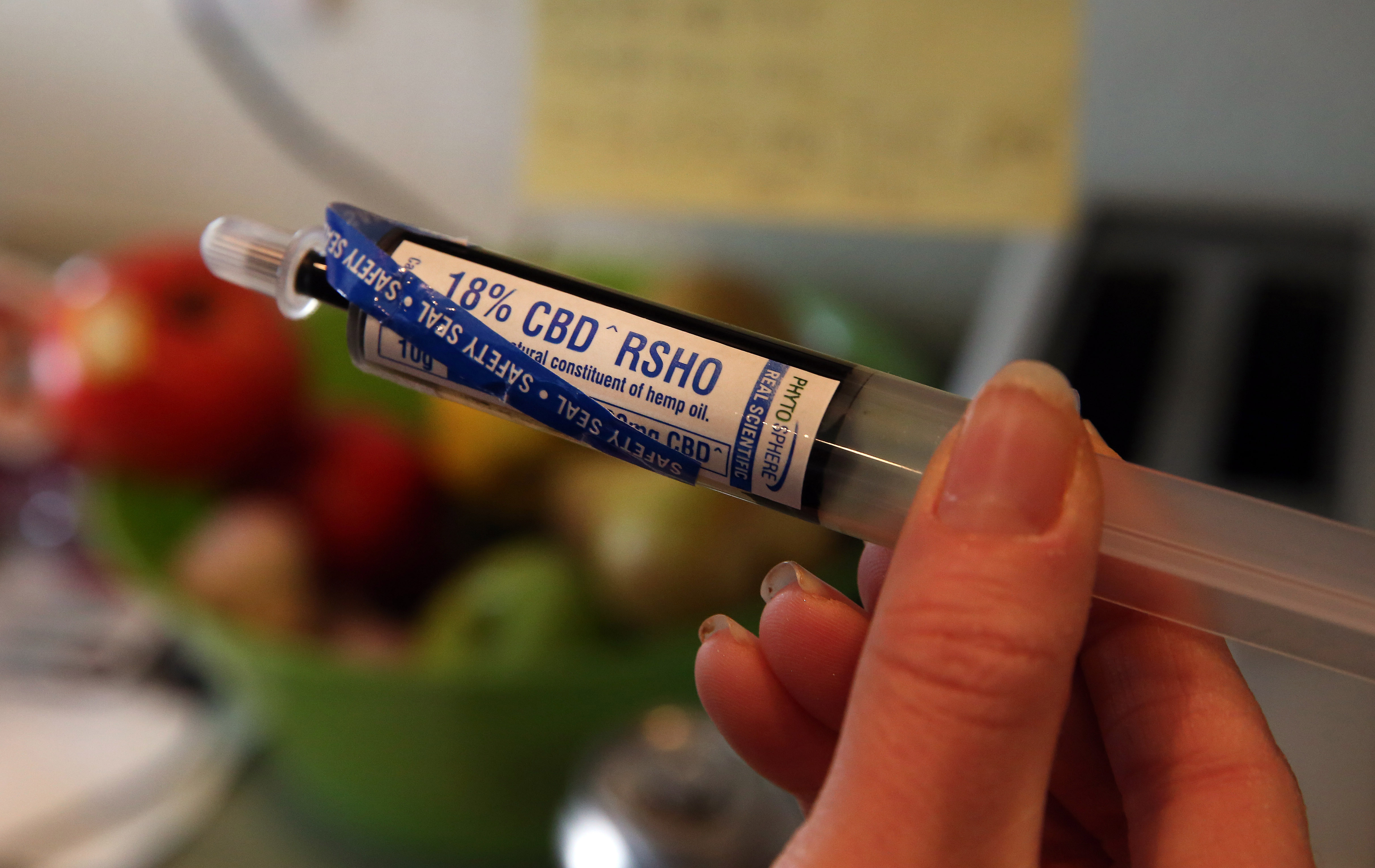CBD cigarettes, vapes, oils, and other products have exploded in popularity in the last two years, making it the fastest-growing segment of the health industry. But what exactly is it, and how does it work? Here are some answers to common questions:
What is the difference between cannabis, hemp, and marijuana?
Cannabidiol (CBD), like tetrahydrocannabinol (THC), is a naturally occurring compound found in cannabis plants. Simply put, cannabis is a broader classification of flowering plants that includes both marijuana and hemp. The two are commonly called cousins since they belong to the same family but differ in chemistry and other characteristics. Simply, hemp is any Cannabis product with less than 0.3% THC, while marijuana must contain more than 0.3% THC. This difference is what makes Marijuana a drug that induces psychotropic effects.
Hemp plants contain low levels of THC and high levels of Cannabidiol. A variety of products are derived from hemp — including textiles, food, clothing, bioplastics, CBD flower, and much more. The cannabidiol products you see on the market today are all made from hemp plants.
Cannabis is still illegal under federal law, although many states have legalized medicinal and even recreational use. In large part due to cannabidiol’s growing popularity, the 2018 Farm Bill legalized the cultivation of hemp plants with no more than 0.3% THC. CBD products like hemp flower are legal in most states because of this provision.
How does CBD work?
Not too long ago, scientists studying cannabis accidentally discovered an entire molecule-signaling system in the human body. This endocannabinoid system, named after the plant that led to its discovery, helps regulate crucial physiological functions and consists of three main components: endocannabinoids, receptors, and enzymes.
- Endocannabinoids — similar to cannabinoids but made naturally by your body
- Receptors — found in the brain, central nervous system, and immune system
- Enzymes — break down the cannabinoids after they serve their function
Cannabinoids interact with our endocannabinoid system, though exactly how is not yet fully understood. Experts believe that CBD may prevent endocannabinoids from breaking down, allowing them to have more of an effect on your body. Like endocannabinoids, THC binds to receptors and has a range of effects on the body and mind. CBD can also be used with THC to balance out the psychoactive properties.
What are the health benefits?
Research and anecdotal evidence have shown that cannabidiol may indeed have a host of health benefits. By facilitating our physiological processes, it could help with:
- Neurological conditions
- Autoimmune diseases
- Inflammation
- Digestive disorders
- Cardiovascular disfunction
- Chronic pain
- Anxiety and depression
The FDA has only approved one cannabis-derived drug product—an almost pure cannabidiol formula— to treat pediatric seizure disorders. This medication, called Epidiolex, has since been “descheduled” by the DEA. The complicated legality of cannabis has hindered research for decades, so we are just now starting to understand all of the possible health benefits.
How do you use CBD?
Like most cannabis products, you can use CBD in a variety of ways. CBD cigarettes, oils, tinctures, CBD flower, and topical creams are just some of the products you can find today. Because it’s not regulated by the FDA, it’s important that you find a trusted source that produces high-quality products. If you want the best CBD hemp flower, try Plain Jane. Their pre-rolled hemp cigarettes are filled with high-quality CBD flower and are processed to remove the hemp smell — providing a discreet, nicotine-free smoke. Or if you’re more into rolling your own joints, Plain Jane also sells a variety of CBD flower strains.
Even though we need to conduct more research to fully understand it, you shouldn’t dismiss the physical and mental health benefits of cannabidiol. From hemp cigarettes to Epidiolex, CBD products offer a promising natural alternative to traditional pharmaceuticals. Continued study of this “miracle molecule” may open up even more possible treatments.





3 comments
… [Trackback]
[…] Read More on to that Topic: thelibertarianrepublic.com/what-is-cbd-heres-everything-you-need-to-know/ […]
… [Trackback]
[…] There you can find 66040 more Information on that Topic: thelibertarianrepublic.com/what-is-cbd-heres-everything-you-need-to-know/ […]
… [Trackback]
[…] Read More Info here on that Topic: thelibertarianrepublic.com/what-is-cbd-heres-everything-you-need-to-know/ […]